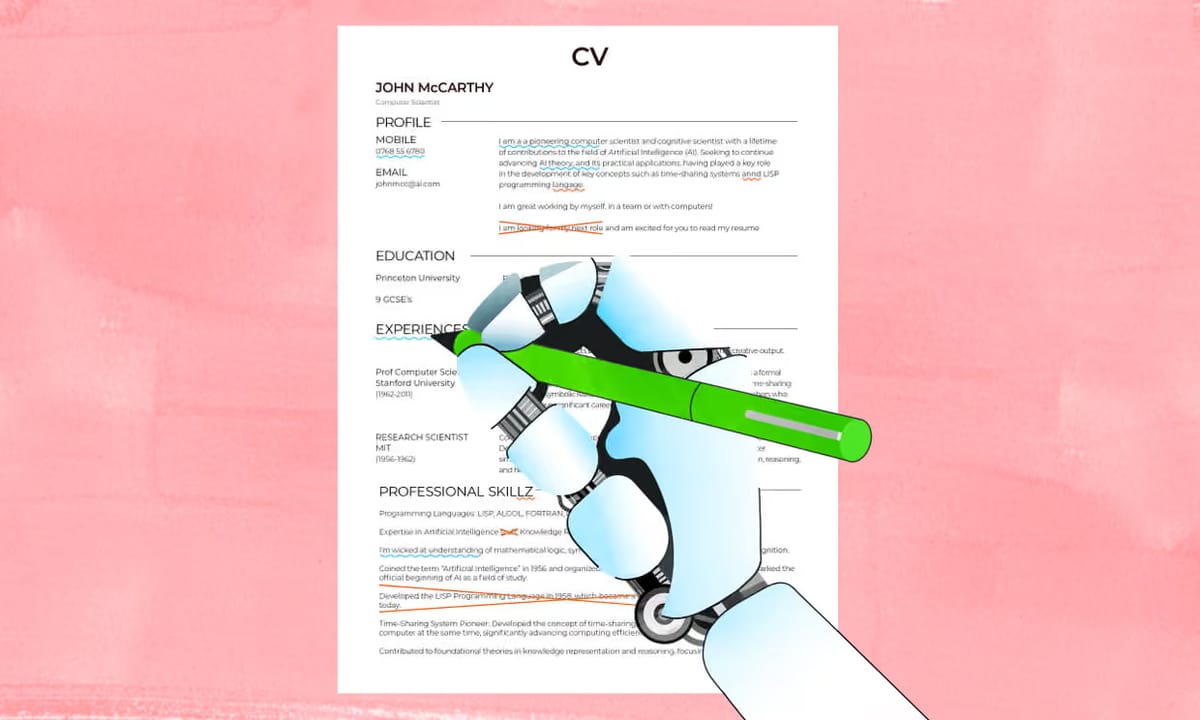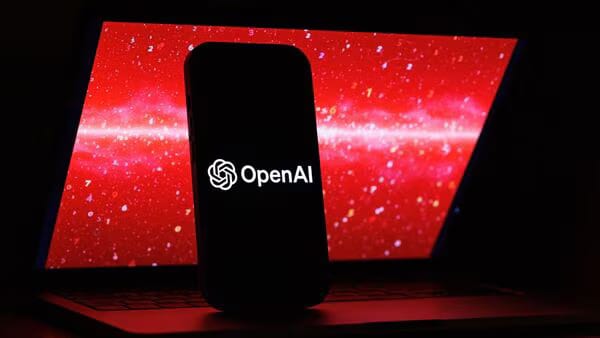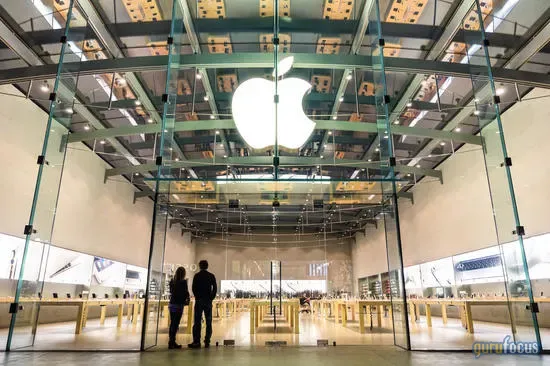Entry-Level or Exit-Level?


Let’s be blunt: the first jobs most people start with are disappearing. Basic admin work, data entry, answering phones, and junior research are all gone. Why? Because AI can do it faster, cheaper, and without crying in the bathroom on its first day. Job postings for entry-level roles have already dropped by more than a third since 2023.
That’s not a slowdown. That’s the floor vanishing under an entire generation of workers. No entry-level jobs means no way in. If you can’t land that first gig, you can’t get experience. No experience means no promotions, no promotions means no career. It’s like showing up at the airport and finding out the pilot locked the cockpit door and threw away the key; you’re never flying.
For graduates, this isn’t just bad luck; it’s a brick wall. And for the rest of us, it means the future workforce could be full of people who never learned the basics. Imagine a manager who’s never been managed, or a team leader who’s never been on a team. That’s where we’re headed.
Companies aren’t doing this out of kindness or brilliance. They’re cutting costs, racing to show off their shiny new AI tools, and bragging to investors about how “lean” they’ve become. But here’s the dirty secret: they’re competing in a short-sighted game of “who can look smarter now” while gambling away their future talent.
It’s like winning today’s sprint only to realize you have no one left to run tomorrow’s marathon. The rivals that don’t move fast enough? They’ll look ancient, bloated, and behind the curve dinosaurs in business suits. If you’re a CEO or Founder, you should be worried that you’re building a company without a bench. Who will lead in ten years when no one has learned the basics today?
If you’re a VP or manager, you should be terrified about training because the pipeline is gone, and you can’t promote people who never got trained. If you’re an employee, you should be asking yourself: “Do I know enough AI to avoid being next?”
And if you’re just an everyday American, ask yourself what happens when your kid, your niece, or your neighbor’s kid graduates and has nowhere to start. No jobs for them means more unemployment in your community, more people stuck in low-wage work, and more pressure on families that are already stretched thin.
This isn’t just a workplace shake-up. It’s a generational lockout. And if we don’t figure out how to replace the first rung of the ladder, millions of young people may never even get on. AI isn’t just rewriting job descriptions; it’s padlocking the door before anyone can walk through.
If AI has erased the first step on the career ladder, who’s going to rebuild it? The question isn’t whether we need new systems for training and opportunity, it’s whether we act now or leave an entire generation standing at a locked door. So ask yourself: what role will you play in opening it back up?
- Matt Masinga
*Disclaimer: The content in this newsletter is for informational purposes only. We do not provide medical, legal, investment, or professional advice. While we do our best to ensure accuracy, some details may evolve over time or be based on third-party sources. Always do your own research and consult professionals before making decisions based on what you read here.




